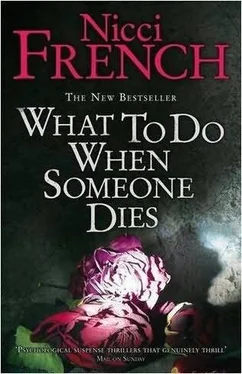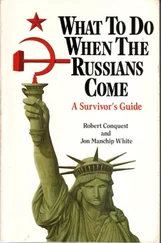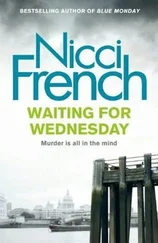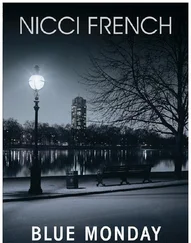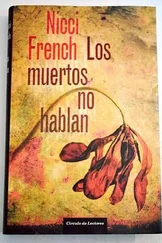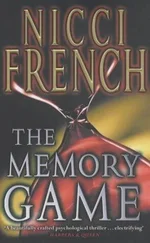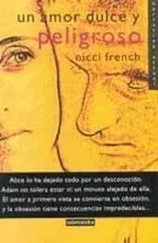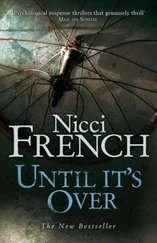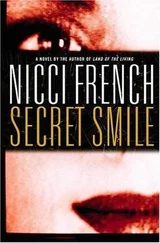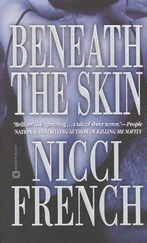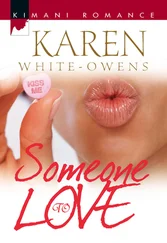‘That I had something to do with it,’ I finished for her. ‘Yes. That I was taking revenge on my husband and his presumed lover… So, are you going to ask if I’ve got an alibi?’
‘No, of course not,’ said Mary, in a shocked tone.
‘Of course it’ll never come to that,’ I said. ‘But I sort of do.’ I tried to recall the day in accurate detail. The terrible news had been such a blow that it was as if it had eliminated everything that went before. But I could remember. ‘I’d had a good day, funny as it may seem. I’d been working on a rather beautiful Georgian chair. It had taken longer than I’d expected so in the end I had to jump in a cab and take it down to the company who had hired me to do it for them. It was a solicitors’ office just off Lincoln’s Inn Fields. I remember the time because I was in a rush to get there before they closed. It must have been just a couple of minutes before six. When I handed it over, I had to sign a receipt for them, showing I’d delivered it. I wrote the date and the time on it. So I couldn’t have been in East London tampering with my husband’s car, if that’s what was required. There we are. Too much information.’
There was another awkward silence.
‘But why are they even looking at the scene of the crash?’ said Joe.
‘Yes,’ said Mary. ‘It was an accident. We were at the inquest.’
‘God knows,’ I said. ‘I’ve caused so much trouble with my blundering around that the police don’t know what they think any more. It doesn’t bother me. I’m finished with it all. I’m going to do what I should have done a long time ago, which is get myself sorted out, be good, do some useful work.’
And so I did. Or, at least, I made a start. I helped carry the cake back into the midst of the baby celebrations. I picked up Ruby, who looked drunk after her feed, like a spaced-out old woman with blurry eyes and a milk blister on her lower lip, and held her in my arms, terrified I would drop her. I offered her my little finger to grip in her fist, and pressed my face to her neck; she smelled of sawdust and mustard. Then I handed her over for someone else to coo at and left.
The previous day, a man had dropped off six dining chairs at the house. They had been in his shed for years and he had forgotten about them. Could I do anything with them? Yes, I could. I could strip off the surfaces with wire wool and white spirit. I could replace broken slats and balance the legs so that they sat flush. I could arrange for the seats to be re-covered, and then I could smooth and polish the surfaces. I had given a quote that would have paid for a reasonable second-hand car and the man had seemed happy enough. I was happy too. The chairs would give me days of tricky, fiddly, messy, scrapy, lonely, lovely, satisfying work. It gave me a possibility of happiness. Well, maybe not happiness, but something to lose myself in, somewhere to escape, or so I thought.
If I had known who it was, I would never have answered. I had just come in from the shed to make myself a cup of tea and was caught off guard. I picked up the phone automatically, without thinking it might be someone I wanted to avoid, and when I heard his voice I was so shocked that I slopped scalding tea over my wrist, then dropped the mug, which shattered on the floor. I stared at the receiver, thinking I might simply put it back in its holster and shut myself up in the shed, where no one could get at me.
‘Hello.’ The voice was cool and uninflected; even now, he wasn’t going to show his emotions. I imagined him at the other end: his greying dark hair, his impeccable clothes and manicured hands, his languid air of slightly contemptuous amusement; above all, his watchfulness.
‘David,’ I said at last, trying to match my voice to his. ‘What do you want?’
‘Straight to the point.’ He gave a small laugh that held no mirth. ‘I want to see you.’
‘Why?’
‘I’m surprised you need to ask. There are certain things that need to be made clear.’
‘I’ve got nothing to say to you that I haven’t already told the police.’
‘I, on the other hand, have things to say to you. And I’d prefer not to do it over the phone.’
‘I don’t want to come to your house.’
‘I imagine not.’ At last I heard the current of anger in his voice. ‘Shall I come to yours?’
‘No, I don’t want that either.’
‘I have a cast-iron alibi, you know, Eleanor.’ He gave a light emphasis to my name, to remind me that I had been an impostor. ‘If you’re imagining that I might be a murderer, you needn’t trouble yourself.’
‘I wasn’t,’ I said, although of course I had thought about David murdering Frances, and had found it very easy to picture: he was a cold, clever, ruthless man, rather than a messy creature of conscience. However, the reason for keeping him out of my house was not fear but an instinctive, deeply felt revulsion at the idea of him setting his well-polished brogues in my own shabby, Greg-haunted world.
‘We could meet in my club, if you want. There are private rooms.’
‘No. Somewhere outside, public.’
‘All right, Blackfriars Bridge. North side. In one hour.’
‘It’s raining,’ I said stupidly.
‘Indeed. I’ll bring my umbrella.’
I hung up and ran my wrist under cold water for several minutes until it went numb. I considered changing out of my work clothes but in the end I didn’t. After all, I no longer needed to pretend to be anyone other than myself. I searched in the cupboard under the stairs for an umbrella, but only found one with a broken spoke, which flopped uselessly when opened. I would just have to get wet.
I arrived wet and cold, smelling of glue and dressed in paint-spattered canvas trousers under a streaming waterproof. David was as dry as a bone under his large black umbrella.
I stopped a few feet from where he stood on the deserted pavement, and gave him a stiff nod. His beautiful camel-hair coat was familiar, as were the brown shoes that shone like new conkers. I couldn’t have pointed to any particular change in his appearance, yet I was struck by a difference in him. His skin seemed to be drawn tighter over his bones than the last time we’d met, giving him a pinched, sharp expression.
‘This won’t take long,’ he said.
I waited. He had asked to see me and I wasn’t going to be the first to speak.
‘My wife trusted you,’ he said. I didn’t respond. There didn’t seem to be anything I could say. ‘She liked you,’ he went on. ‘For once she showed bad judgement. Catastrophically bad judgement.’
‘I didn’t kill her.’
David gave a shrug. ‘That’s for the police to decide,’ he said indifferently.
‘Did she trust you as well?’
‘You mean, because I was unfaithful to her? I know, of course, what you told the police.’
‘I told the police what was true – that you had an affair with Milena.’
I had also, I thought, told them that Frances had had a lover. Did David know that? I stared at him, his unreadable face. Had he discovered that, and was that why Frances was dead?
‘You disapprove of me,’ David said. ‘Of course you do. After all – and let’s put the whole thing with Johnny to one side, just for the moment, shall we? – you think you’re living in a romantic novel where husband and wife marry and live happily ever after, where first love doesn’t fade, where your precious husband couldn’t possibly have deceived you because he loved you so much. What makes you think Frances didn’t know?’
‘Did she?’
That dismissive shrug again.
‘I’ve no idea. If she did, she would have had the good sense not to muddy the waters. She was sensible. We understood each other. We suited each other.’
Читать дальше
